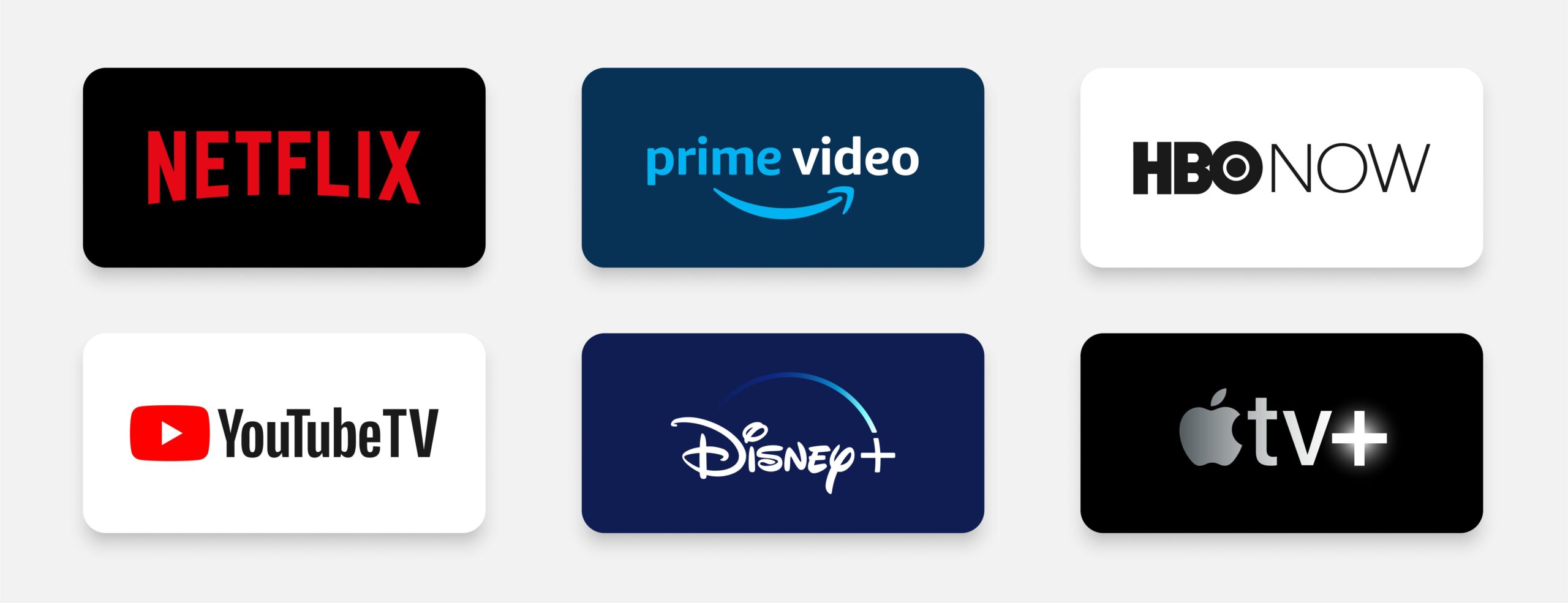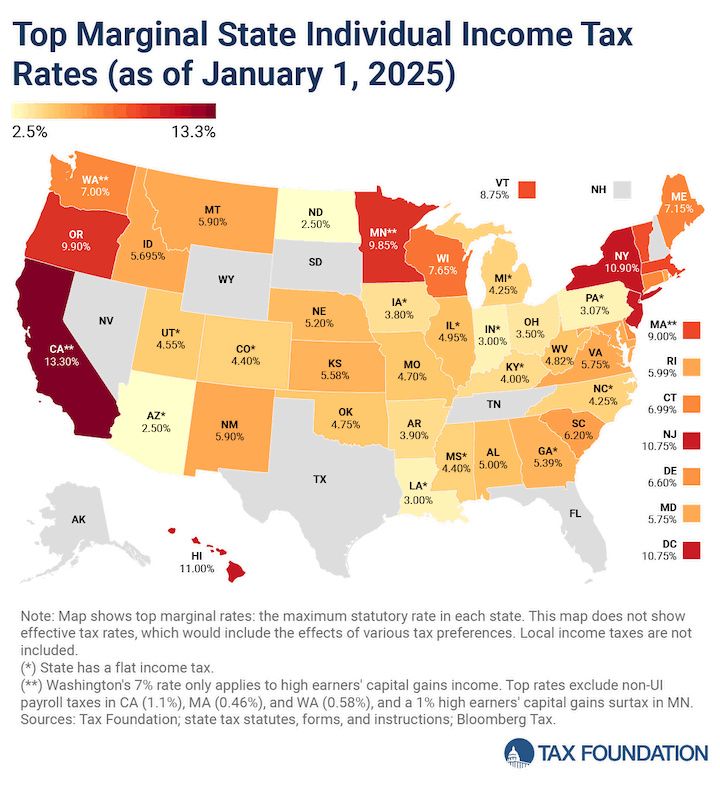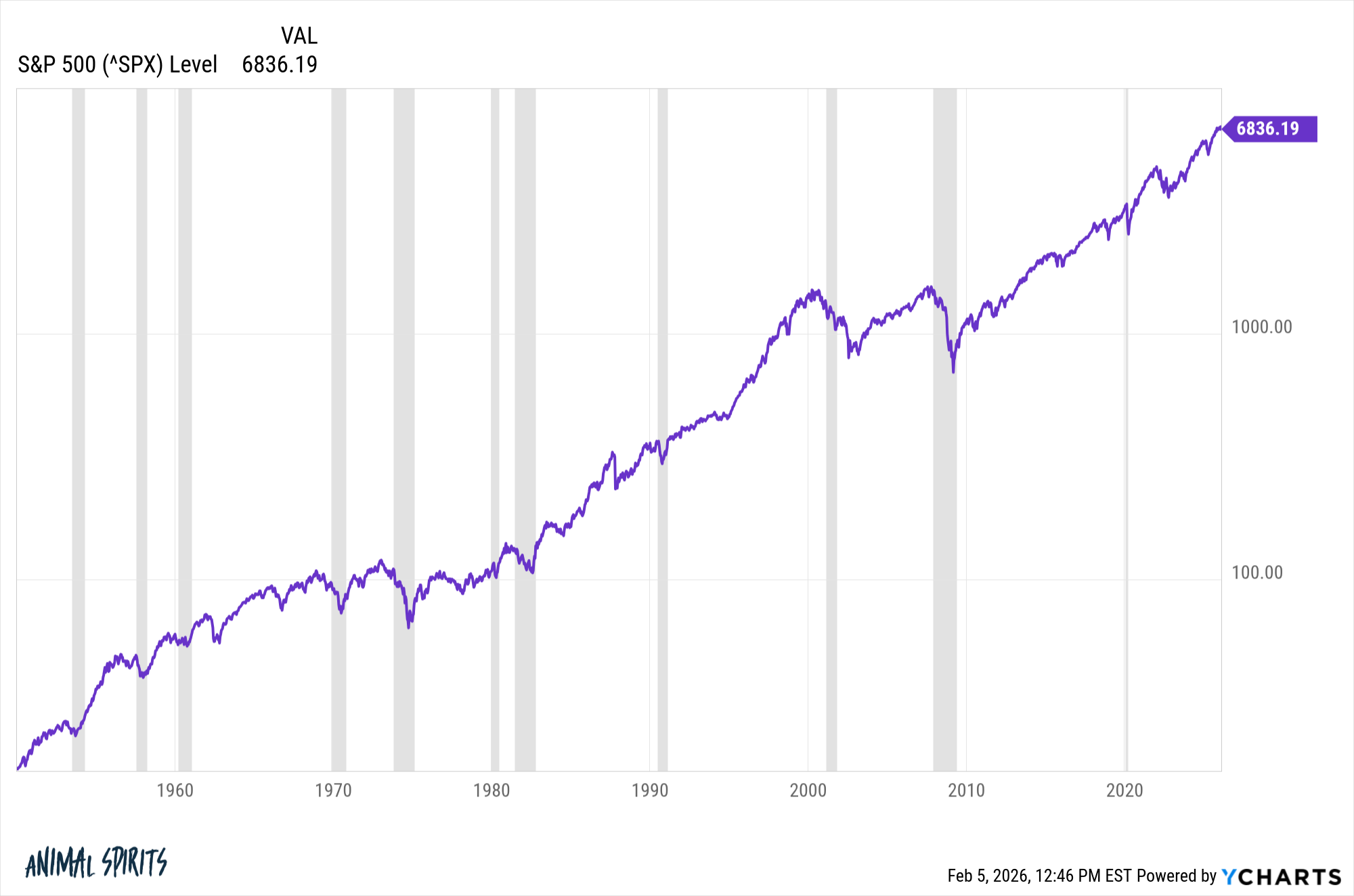Remember when “movie night” meant a ticket, a $7 tub of popcorn coated yellow and a fold-down seat that a stranger had been sitting in moments before? Today it’s more likely to mean a seat on your own couch and a bowl of popcorn that you just microwaved – and clicking on a streaming channel like Netflix.
A streaming service online platform allows for watching content without having to download it. The video streaming market is now valued at over $670 billion and is expected to grow almost 20% annually over the next seven years. More than a third of all TV usage is now dedicated to streaming, and there are approximately 1.8 billion subscriptions to video streaming services.
Netflix alone has more than 200 million subscribers worldwide, with other huge players in the field being the likes of Disney+ and Hulu, to name just two. Users pay an average of $69 to $125 a month on their cable or satellite TV subscriptions and paid streaming services.
That could be a lot of sales tax revenue.
Definition
“Streaming services” comprises a range of digital products, at least for tax purposes. Some states have narrow definitions for sales tax purposes; others have broader ones. Some states are also using the logic for taxing subscription-based services to create sales tax obligations for streaming services.
The delivery method can also affect sales tax.
Generally, digital products are “intangible” and sent to customers electronically. These products can include digital books, music, internet TV and streaming media and webinars, among many other products. A one-time viewing of a movie or TV show might incur sales tax at one rate in state, but a subscription to the steaming platform itself might incur a different sales tax in another state. Some states apply their regular sales tax rate; other states, such as Florida, tack on additional taxes.
Sales tax (including local as well as state, especially in states like California that have a ton of local jurisdictions, or in Chicago, which has an “amusement tax” on streaming) is generally incurred, or sourced, according to the end-user’s location and collected and remitted by the service provider. “Digital products” are generally taxable in Alabama, Connecticut, Idaho, Iowa, Kentucky, Louisiana, Minnesota, Mississippi, Nebraska, North Carolina, Ohio, Utah, Vermont, Wisconsin and Wyoming.
“Streaming services” are generally subject to sales tax (or its equivalent) in Arizona, Arkansas, Hawaii, Indiana, New Mexico, South Carolina, and West Virginia. Some states, like Maryland, Pennsylvania, Rhode Island, South Dakota, Tennessee, Texas, Washington and the District of Columbia, tax both.
Changing situation
States constantly tinker with how to tap sales tax revenue on burgeoning markets.
Streaming is no exception.
One threshold for economic nexus in a state, for instance, is the number of transactions a business has annually in a state: 100 in New York, for example (along with a certain dollar volume of revenue) or at least 200 a year in Arkansas. Obviously, it doesn’t take the likes of Hulu or Netflix to rack up thousands of “transactions” in just a few days in most states – though many states, like Illinois or, more recently, Utah, are dropping their transaction-based thresholds.
Despite numerous frequent challenges in court, more states look to tap streaming as a robust, well, stream of tax revenue. Just last year Georgia and Florida became two of the latest to levy sales tax on Netflix. Louisiana joined them this year, and Maine is toying with the idea.
Colorado added “digital goods” to the statutory definition of taxable “tangible personal property” a few years ago (regardless of the goods’ delivery method), and Netflix just lost a drawn-out appeal in that state, claiming that its entertainment couldn’t be taxed because it couldn’t be physically touched.
Chicago’s 10.25% “amusement tax” specifically targets streamed movies and entertainment.
And even among states with no statewide sales tax, Delaware levies a gross receipts tax on streaming services and some localities in Alaska may charge sales tax for streaming services.
Clearly more states are going to find ways to tap this seemingly on-demand avenue of sales tax money.
Sales tax is more complicated than ever. Rely on sales tax experts to maintain your compliance. Contact TaxConnex to learn what it means when sales tax is all on us.
Disclaimer: This story is auto-aggregated by a computer program and has not been created or edited by finopulse.
Publisher: Source link








